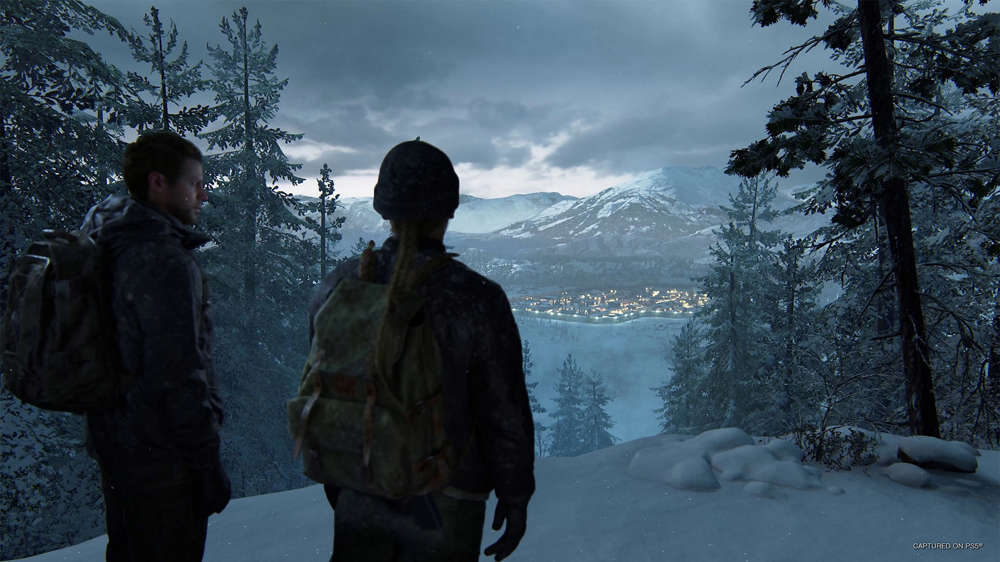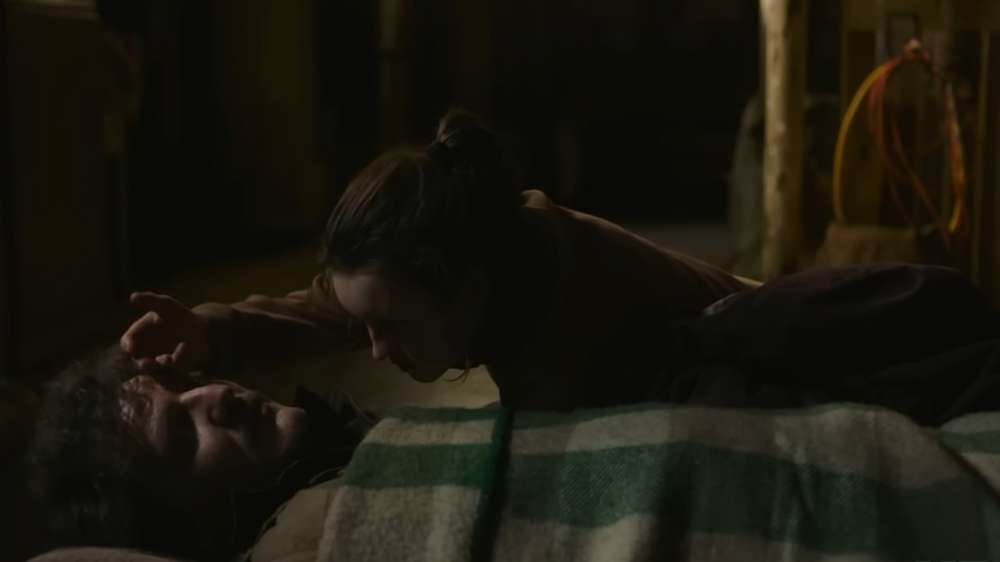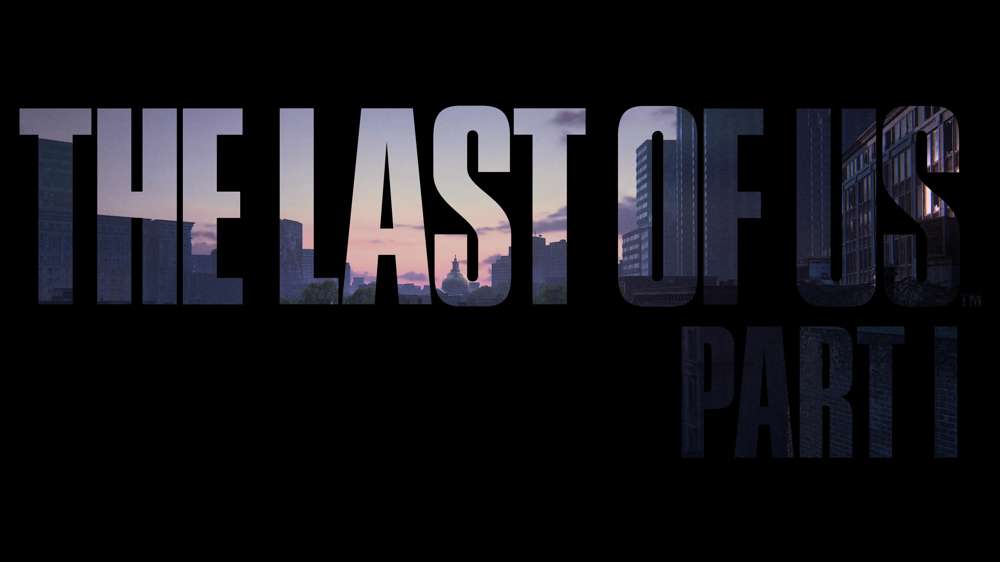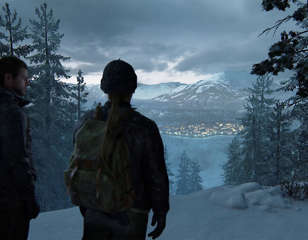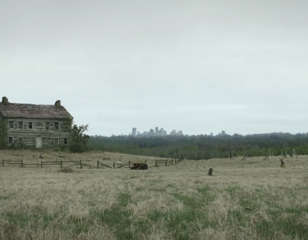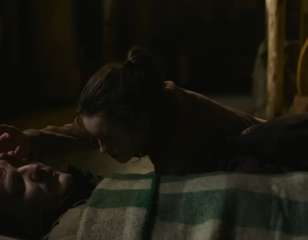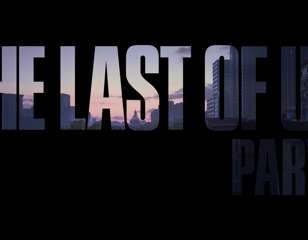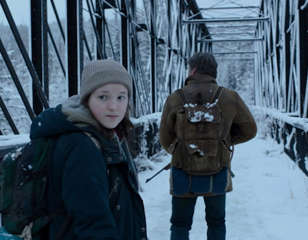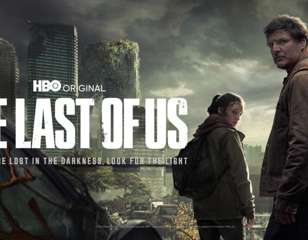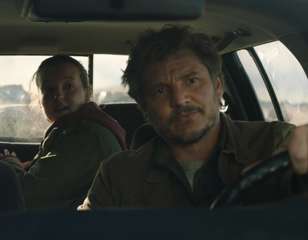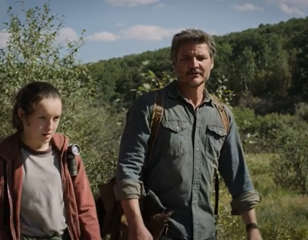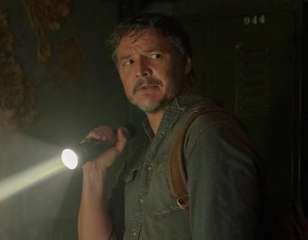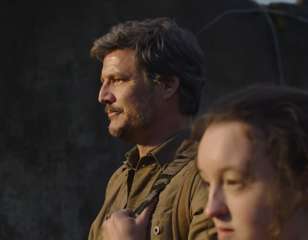The Last of Us finale review: 'Entirely worthwhile all over again'
The Last of Us adaptation on HBO has reached the conclusion of season one, and the end of the first game. Let us see how Joel and Ellie's journey ends.
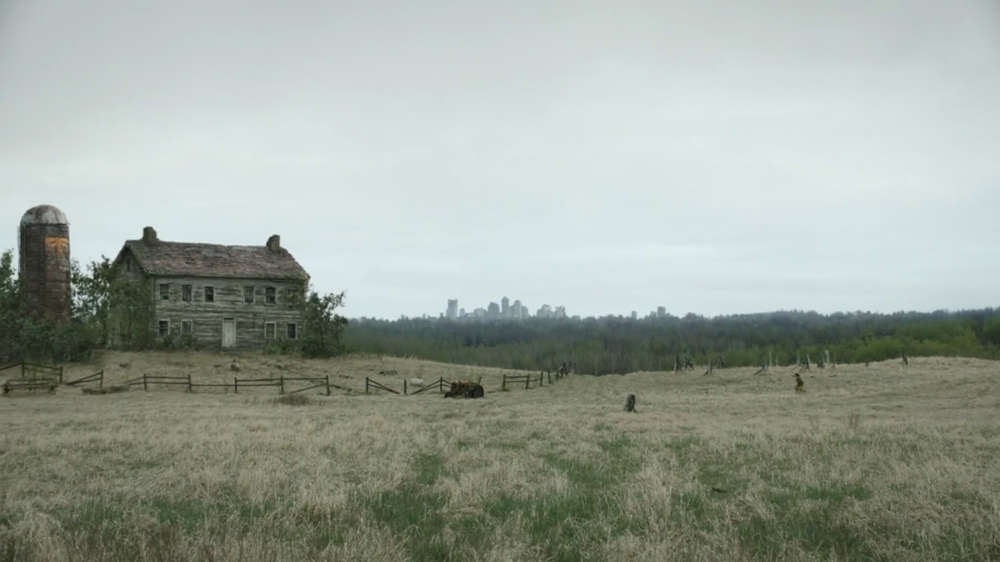
The journey west has been a long and emotionally draining road, but finally, it comes to an end. Episode nine of The Last of Us closes out the season and completes Joel and Ellie's odyssey. Will humanity be saved by a young girl and her surrogate father figure? Let's find out.
Roots

Episode nine begins as many previous episodes do, with a flashback. The first thing we hear is Ellie as she scrambles through the woods. Or, so I thought, until I realised the "Ellie" I had just heard was the original Ellie, Ashley Johnson who plays her in the games. Johnson plays the heavily pregnant Anna, who is imminently about to give birth to Ellie.
Ellie comes into the world pretty much how you would expect, through violence and under extreme duress. Anna makes her way to an old house in the middle of a field, highly reminiscent of the house that Ellie and Dina would live in in the second game. The odds of this house reappearing in season two seem quite high. Anna barricades herself in a room as her water breaks, before fending off an infected with just her knife.
With the zombie dead beside her, Anna discovers that, during the fracas, she gave birth. A wailing Ellie lies on the floor in front of her, still connected by her umbilical cord. Anna, who has just been bitten, hurries to cut the cord, to prevent the infection from spreading to the infant.
Much later, Marlene and other Fireflies arrive at the house and find Anna holding Ellie. Anna lies and tells Marlene that she was bitten after Ellie was born, to convince her that Ellie is safe to take back to Boston. Marlene agrees to take her, and reluctantly shoots Anna to prevent her death from the infection.
Different perspectives

This whole scene does a lot to add context and explain things, while also changing some perspectives. Where the games never put forward a specific reason, the show directly states that Ellie's immunity comes from her mother being infected just as she was born. She is immune because the cordyceps views her as infected, and leaves her alone.
Explaining the mechanics of why Ellie is immune is a fine change, not overly important. What has more of an effect is the establishment of Anna and Marlene as friends. The game mentions in passing that Marlene knew her and has known Ellie since birth, but the show depicts Anna and Marlene as lifelong friends.
This reframes the conflict between Joel and Marlene quite a bit. Here we see a Marlene with a much deeper connection to Ellie, making her decision all the more impactful. Ellie is not just some kid to Marlene, nor is she just a cure. Ellie is the only connection Marlene has left to a lifelong friend who she had to kill in mercy. Marlene's commitment to the cause is cemented knowing just how important Ellie really is to her.
Keep moving forward

Before we get to the climax, we still have some ground to cover. Joel and Ellie have moved on from what happened with David and the cannibals. Ellie is clearly changed by what happened there, and Joel, who seems to have fully embraced his role as her father figure, is desperate to help her. He talks about fixing up a guitar and teaching Ellie to play, and jokes about a building set for demolition that is still standing after the bombs fell.
Ellie is largely quiet throughout, as Joel tries to fill the air with whatever he can think of. He does not know how to comfort her, but he wants to so badly. The roles have reversed in their relationship, where Ellie was trying to get closer to Joel, now she is closed up and reserved. This is a change that will come to define their relationship going forward.
A welcome inclusion from the game is the scene with the giraffes. As they make their way through a building in Seattle, Ellie runs off suddenly. Joel follows after and finds her standing before a giraffe, feeding on the nearby greenery. Like the monkeys at the university, giraffes and other animals that were once in captivity now roam freely.
Whether or not you knew what was to come, in a show like The Last of Us, no one could expect a finale without some heartbreak. Meeting the giraffes is a necessary levity, a moment to take a breath before the end. It is here that Ellie and Joel's relationship reaches its peak, and they speak as emotional equals for the first and only time. Joel wants to turn back and forget the whole thing. Ellie reminds him of what they have done to get here, and how she needs to see it through.
Unfamiliar ceilings

Joel agrees, and they move forward. Shortly afterwards, they are captured by Fireflies, unaware of who they are. When Joel wakes, he is in the hospital with Marlene, who reveals the plan to him. Ellie will be operated on and a cure will be made, but Ellie will not survive. The added context of the opening with Anna does a lot to paint Marlene in a more understandable light, the fact that she has such a connection to Ellie makes her willingness to sacrifice her all the more tragic. It also puts her even more at odds with Joel, who is not as willing.
Marlene orders her men to remove Joel and kill him if he does not comply. Joel goes along, but turns on them and kills the guards. He then makes his way through the hospital, massacring the Fireflies along the way. One of the guards surrenders, and Joel executes him anyway. Upon reaching the pediatric theatre, Joel kills the doctor and takes Ellie.
This happens much the same as it did in the game, but with some key changes. One of the biggest issues with the game, and many video games, is the protagonist syndrome. It is hard not to feel like you are the big hero doing the right thing in a video game, as that is most often how the player character is portrayed.
This scene in the game plays out like most other combat scenarios, with the player mowing down dozens of enemies. This had an unintended effect on many players that made them believe Joel was doing something heroic here, that he was doing the right thing. In the show, the tone of the scene could not be more clear. Joel is acting rashly, he is maliciously murdering everyone that stands between him and Ellie.
No going back

The events of the finale play out nearly identically to the game, but I think it works better here. Video games and TV, like all mediums, have their strengths and weaknesses when it comes to how they tell a story. Taking the player element out of Joel's actions helps focus the reasoning behind his actions. You are not murdering all these people because a video game is telling you to, Joel is murdering all of them because he is a broken, violent man.
After they leave, Joel lies to Ellie about what happened and spends much of the journey ahead filling the air as much as he can, just as he did earlier. This time it's different, Joel isn't just trying to make Ellie feel better for something that happened to her, he is trying to cover the guilt of what he did to her.
The end scene is also lifted straight from the game, but again the strength of the medium wins out. As has been the highlight of the whole series, the finale rests on the excellent performances from both Pedro Pascal and Bella Ramsay. The last few lines were powerful stuff in the original, but here with these performances, they are perfected.
They did it

Personally, I have generally been sceptical of the adaptation of video games into movies or TV shows. History should explain my scepticism, and although there was much reason to be hopeful, I did not go into this TV version of The Last of Us with high expectations. Simply put, I didn't see a reason for it. While the video games certainly have some issues, I did not know what this adaptation could bring to the table that wasn't already there.
Now that it is finished, my tune is entirely changed. The show does not reconstruct the game, it reperforms the game. There are some additions here and there, and some aspects are retooled in ways that I thought improved the story, but for the most part, this is the very same story with different actors. Most of the reason why this show is so good, from the perspective of someone who played the game, is because the actors are so good.
It is like seeing your favourite play performed by a new band of actors, and everything they bring to it improves the play. If you never played The Last of Us then by all means, this is an incredible show and you should watch it. If you did play it, and you are searching for a reason to watch the show, the reason is the people. Bella Ramsay, Pedro Pascal, and everyone around them did an incredible job and made experiencing this story entirely worthwhile all over again.
5/5
Comments

